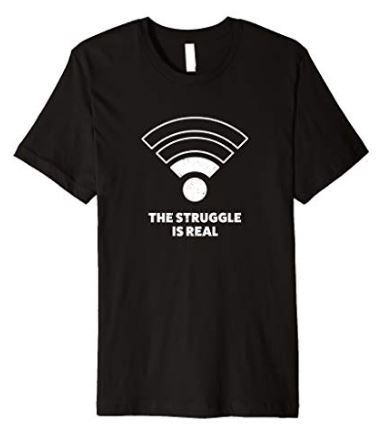
“How do you connect with somebody at a different life stage than you? It’s hard to know what to do or say to bridge that divide… Like stepping down from the role of adult and remembering what it was like to be in middle school; that was a long time ago for most of us.”
–Big Sister
“Can you make him more respectful? He doesn’t listen to me.”
– Mom of a BBBS youth
Connecting with the young people we care most about can feel maddening. It can be hard to remember what it was like to be a kid, and even if we do remember, it is not the same; today’s youth grow up in a different era, with unique families and peers, different expectations, and changed societal norms. They have different cultural influences (if you don’t think so, get on Instagram), unique technological challenges (who had ever heard of cyber-bullying 20 years ago?)… and yet, still all the traditional challenges of growing up – moodiness, difficulty with decisions, limited life experience, and so on.
So, how can we connect with the young people we care most about, in 2019?
Here are three actions you can take to “bridge that divide” and strengthen your connection:
1. Focus your Limited Time Together.
One suggestion from the article 10 Habits to Strengthen Your Relationship with Your Child is to turn off your phone when interacting with your child. For many of us, our phones have become the go-to solution when we crave a quick distraction or feel-good moment. Who doesn’t need some feel-good moments throughout the day?
The problem is many parents and children only have about 900 weeks together before a young person leaves home. Spending that time surfing social media or on your favorite app robs quietly robs you of the limited time and opportunity you have to connect. Furthermore, studies find that parents who put their devices away benefit their children’s well-being, self-esteem, connection… and the parents themselves may be less irritable and impatient.
We are not saying you should NEVER use your phone around a child you care about. Just encouraging you to monitor what your habits are, and decide if there are times and/or settings (Meals? Pre-bedtime? First 15 minutes home from work?) you’d like to adjust.
2. Develop Your Empathy.
George Bernard Shaw said, “Do not do unto others as you would have them do unto you—they might have different tastes.” This gets at the heart of empathy, the ability to understand life from another’s perspective. When someone demonstrates empathy towards us, we feel understood and valued, and better connected.
So how can you develop more empathy? One strategy from Six Habits of Highly Empathic People is to cultivate curiosity about strangers. By talking with and listening to people you don’t normally interact with (the shopper in line next to you at checkout, the rider beside you on the bus/plane, etc.), you reignite the inquisitive spirit you had as a child. It also helps you practice seeing the world through others’ eyes.
3. Learn About Others.
In particular, it may be helpful to learn or refresh yourself about common mental, social, and emotional stages of development. This can help you better understand behaviors, and avoid taking things personally or over-worrying. For instance, if you spend time with a 7-year-old who seems very me-focused, despite your best attempts to encourage them to consider others’ feelings… it might feel helpful to know that 5-8 year-olds are commonly wrapped up in themselves.
If you want to connect better, write down when, where, and how you will focus your together time, develop empathy, and/or learn. (Writing our intentions down makes us much more likely to follow through.) Perhaps let your Mentoring Specialist know your plan, so they can help support you. Then give it a whirl! Maybe you’ll feel a stronger connection right away. Maybe you’ll have to reflect and adjust. Whatever happens, treat yourself with kindness and compassion. We are all doing the best we can. That is just one of the commonalities that truly connects us all.
Your ally,
Big Brothers Big Sisters of Johnson County
P.S. Want more ideas about how to connect better? Read 5 Ways to Make Stronger Connections with Mentees, Backed by Research, and/or 30 Joyful Ways to Connect With Your Child in Minutes.



